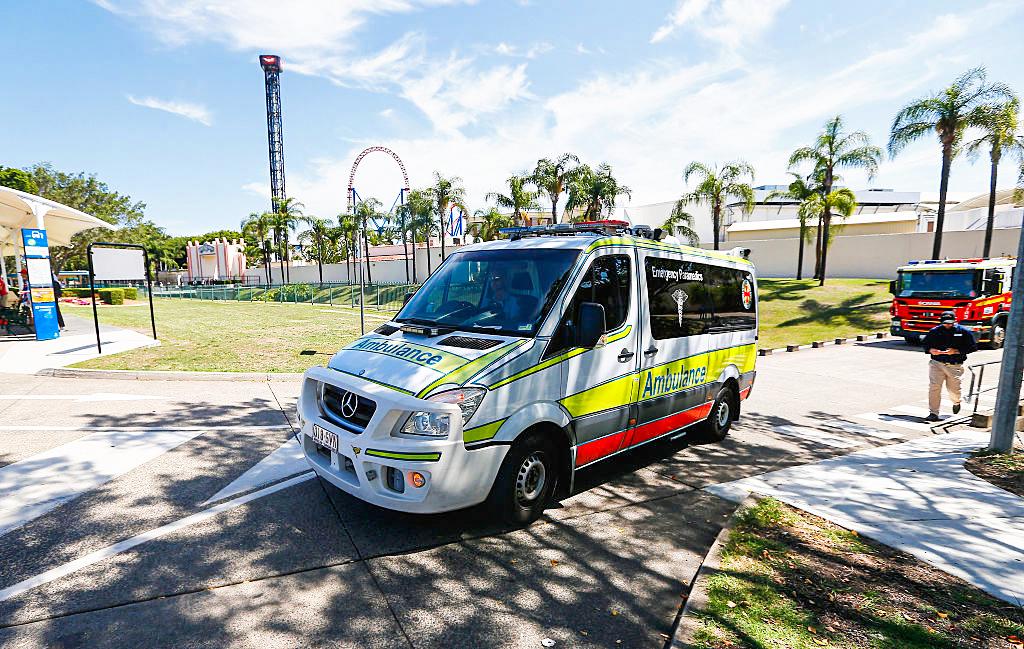A new audit has revealed that Queensland’s ambulance ramping—the time it takes to transfer patients from an ambulance to the emergency department—has continued climbing “significantly” over the past five years.
The audit is the latest report to highlight ongoing problems with the state’s health system, including delays for patients, and mismanagement.






